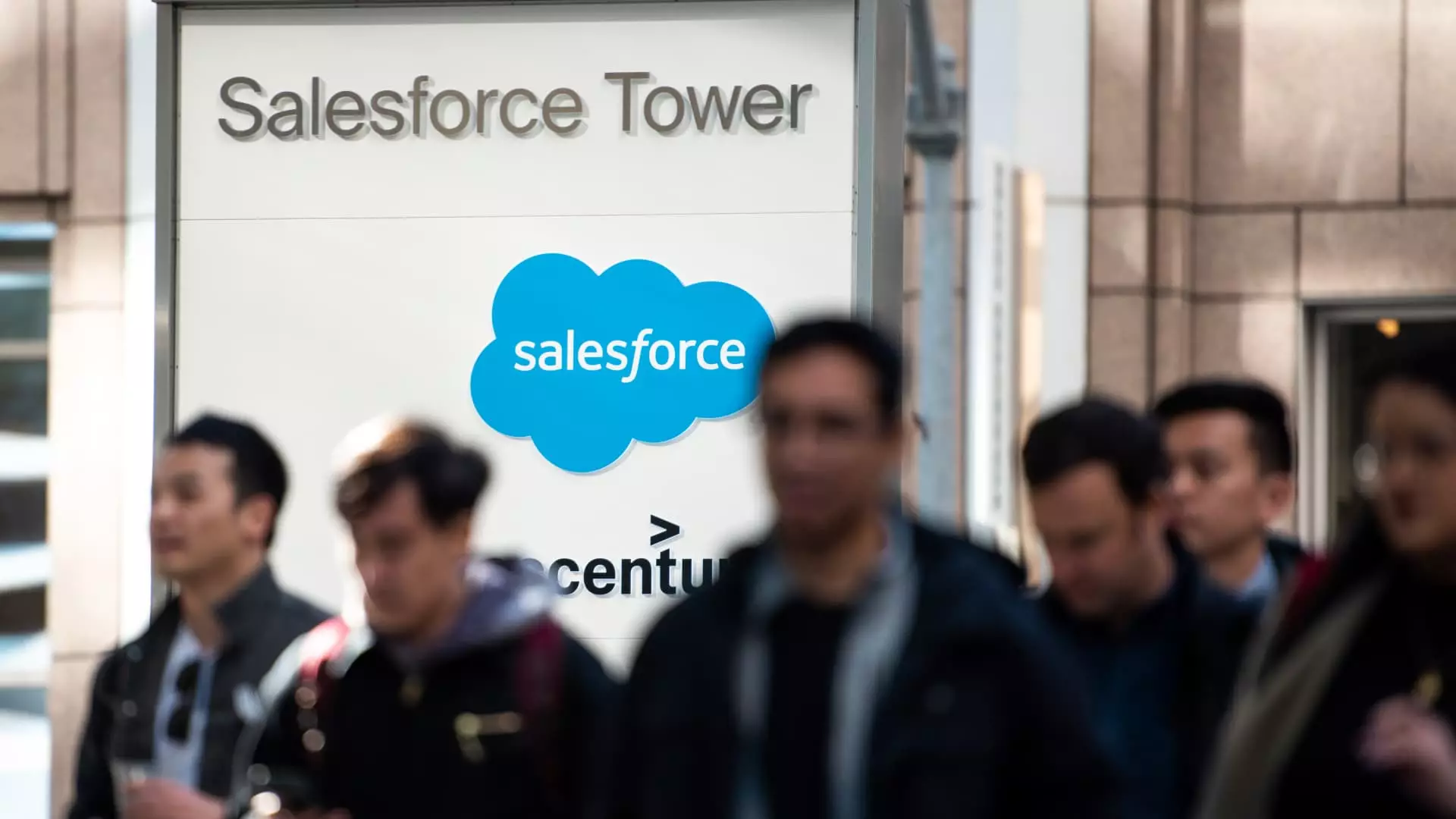San Francisco real estate market has been facing significant challenges despite the positive impact of artificial intelligence. The vacancy rate for office spaces in San Francisco has reached a record high of 34.5% in the second quarter of the year, indicating a broader struggle across the market. While artificial intelligence has played a role in attracting tech companies and startups to the city, it has not been enough to offset the impact of the Covid-19 pandemic and the slowdown in the tech industry.
Generative AI has gained popularity in San Francisco, with companies like OpenAI and Anthropic making significant real estate moves in the city. OpenAI, a market leader with a private valuation exceeding $80 billion, leased about 500,000 square feet of space in the Mission Bay neighborhood, marking the largest office lease in the city since 2018. Similarly, Anthropic subleased 230,000 square feet at Slack’s headquarters, showcasing the growing presence of AI companies in the San Francisco real estate market.
Despite the influx of AI startups into the city, the overall market conditions remain challenging. Tech companies, law offices, and consulting firms are actively seeking to reduce their office space footprint as they transition to hybrid work models. The shift towards remote and flexible work arrangements has led to a decreased demand for traditional office spaces, contributing to the rising vacancy rates in San Francisco.
The commercial real estate market in San Francisco continues to face challenges, with uncertainties surrounding the return to office work and the impact of upcoming elections. The ongoing pandemic and the economic slowdown in the tech industry have resulted in mass job cuts and a decline in office rents. While some companies have started to bring employees back to offices for part of the week, the overall vacancy rates remain high, particularly in areas like SoMa, which has seen a vacancy rate of almost 50%, exacerbated by limited access to mass transit options and retail closures.
Looking ahead, the San Francisco real estate market is poised for improvement in the second half of the year, with signs of absorption picking up and office job numbers stabilizing. However, there is a possibility of rents continuing to decline and vacancies rising further as companies navigate the changing landscape of work environments. The persistent challenges in the market underscore the need for innovative solutions and adaptability to meet the evolving demands of tenants and employers in San Francisco.

